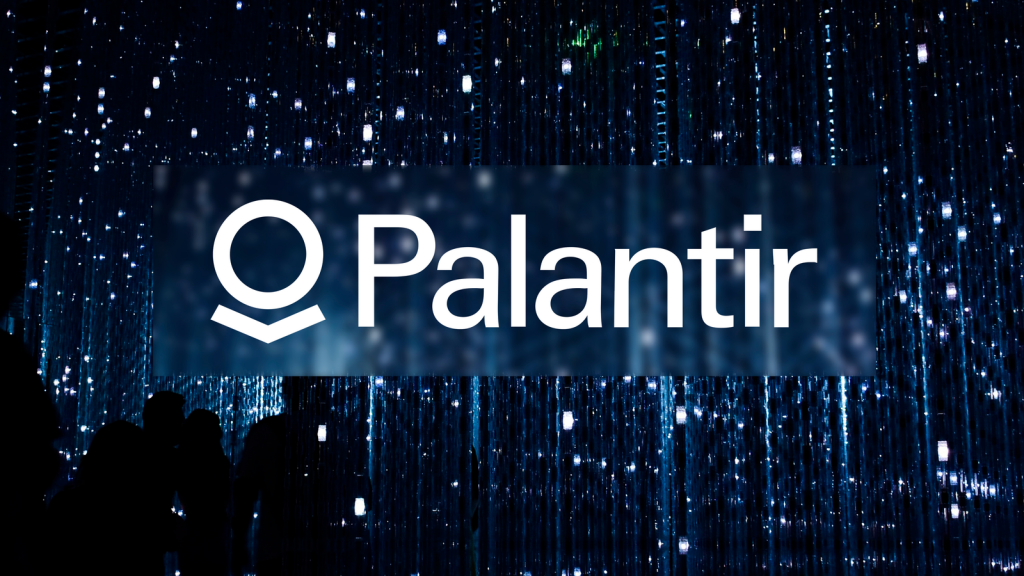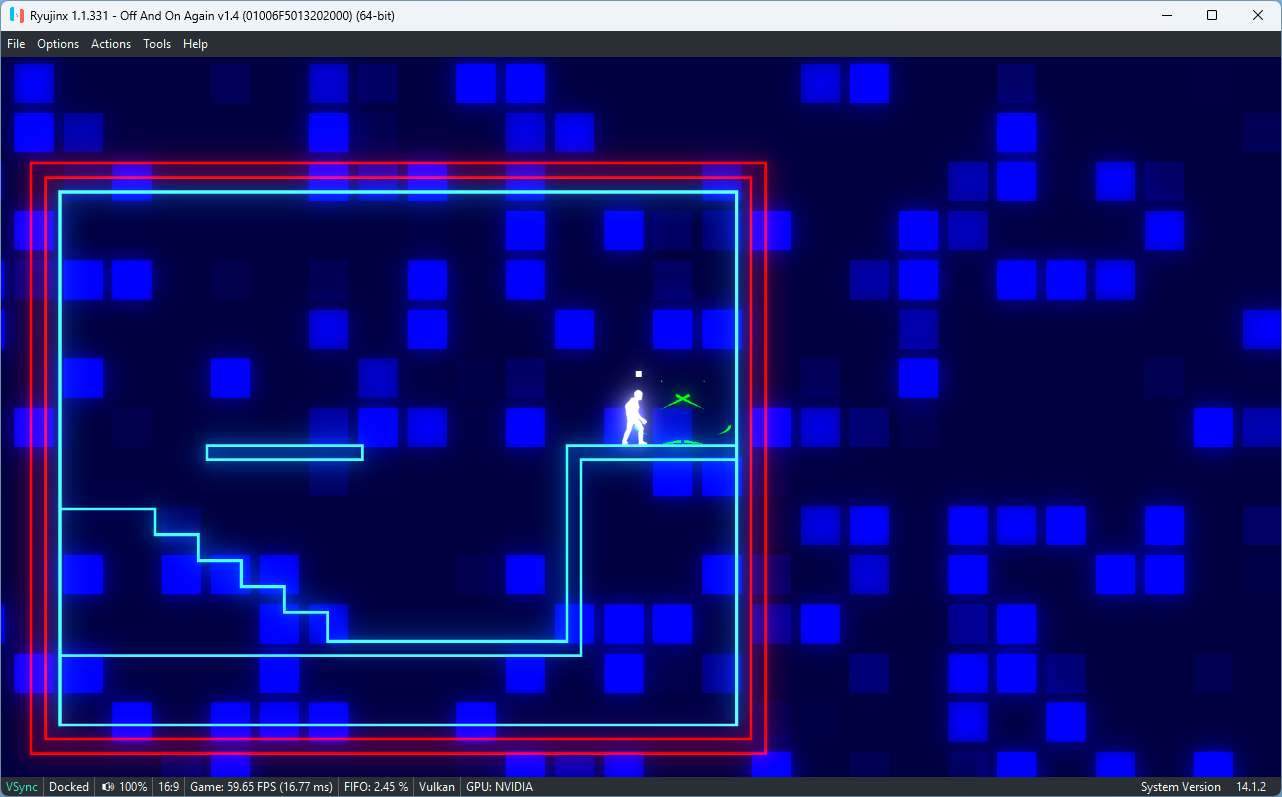Europe's Nuclear Shield: A French Minister's Proposal

Table of Contents
The French Minister's Proposal: Key Details and Objectives
The specifics of the proposed European nuclear shield remain somewhat vague, but the core concept involves a greater degree of nuclear cooperation and integration amongst European nations. This would likely entail a shift away from the current reliance on the US nuclear umbrella, towards a more independent and collectively managed deterrent. While the exact form remains undefined, it suggests:
- Joint Command Structure: A potential new command structure for managing the combined nuclear arsenal, likely requiring complex negotiations and compromise between participating states.
- Shared Resources: Pooling of resources, including nuclear warheads, delivery systems, and associated infrastructure, to create a more efficient and effective deterrent.
- Enhanced Deterrence: The primary goal is to provide a more robust deterrent against potential aggressors, thereby increasing Europe's strategic autonomy and reducing vulnerability.
- Target Audience & Perceived Threats: The proposal is likely aimed at deterring potential threats from revisionist powers, particularly Russia, and enhancing European security against a range of potential scenarios, from conventional conflict to nuclear blackmail.
Potential Benefits of a European Nuclear Shield
A unified European nuclear deterrent could offer substantial advantages, strengthening European security and its global standing. These potential benefits include:
- Improved Deterrence: A larger, jointly managed nuclear arsenal could act as a more credible deterrent, discouraging aggression from potential adversaries.
- Reduced Reliance on External Powers: Lessening dependence on the US nuclear umbrella enhances strategic independence and freedom of action for European nations.
- Greater European Influence: A stronger, independent security posture would elevate Europe's standing on the global stage, offering greater influence in international security affairs.
- Strengthened Unity and Cooperation: Successful collaboration on such a sensitive and complex issue could foster deeper unity and cooperation amongst European nations.
Challenges and Obstacles to Implementation
Despite its potential benefits, establishing a shared European nuclear deterrent faces significant hurdles:
- Nuclear Proliferation and Safety Concerns: Concerns about the risk of proliferation and accidental use of nuclear weapons are paramount. Rigorous safety protocols and international safeguards would be essential.
- Differing National Interests: European nations hold diverse national interests and security priorities. Reaching a consensus on nuclear strategy and resource allocation will be exceedingly challenging.
- Coordination Complexities: Coordinating nuclear strategy, command structures, and resource allocation across multiple nations is inherently complex, requiring intricate diplomatic negotiations and compromises.
- Political Disagreements and Power Struggles: The potential for political disagreements and power struggles amongst member states over control and influence poses a major challenge.
- Cost and Logistical Challenges: The cost of developing, maintaining, and securing a joint nuclear force would be enormous, requiring substantial financial commitment from participating nations.
International Implications and Reactions
A European nuclear shield would inevitably trigger international reactions.
- NATO Allies (US): The US response would likely be complex, potentially influenced by concerns about nuclear proliferation and the impact on transatlantic security cooperation.
- Potential Adversaries (Russia): Russia might view such a move as an escalation of tensions and a direct challenge to its security interests.
- Global Non-Proliferation Efforts: The proposal could complicate global non-proliferation efforts and potentially trigger a new arms race.
- Escalation of Tensions: The creation of a new nuclear power bloc could significantly increase geopolitical tensions and increase the risks of conflict.
Alternative Approaches to European Security
Besides a nuclear shield, alternative strategies to bolster European security should be considered:
- Strengthening Conventional Defense Capabilities: Investing in modern conventional military forces, including intelligence gathering and cyber warfare capabilities.
- Intelligence Sharing and Collaboration: Improving intelligence gathering and sharing amongst European nations, thereby enhancing situational awareness and reducing vulnerabilities.
- Enhanced Cybersecurity Measures: Strengthening cybersecurity infrastructure to protect against cyberattacks and maintain critical systems.
- Diplomacy and Conflict Resolution: Prioritizing diplomatic solutions and conflict resolution initiatives to reduce tensions and prevent escalation.
Conclusion
The French minister's proposal for a "Europe's Nuclear Shield" presents a complex and controversial vision for the future of European security. While it offers the potential for enhanced deterrence and strategic autonomy, it also presents considerable challenges related to nuclear safety, political coordination, and international relations. Alternative approaches to bolstering European security should be seriously considered. The feasibility and long-term implications of this proposal warrant extensive debate and analysis. We encourage readers to engage in further discussion on Europe's Nuclear Shield and the crucial need for a robust and unified security approach for Europe, considering all aspects and potential consequences. Further research and discussion are vital to navigate the complexities and ensure a secure future for the continent.

Featured Posts
-
 Young Thugs Uy Scuti Release Date Hints Emerge
May 10, 2025
Young Thugs Uy Scuti Release Date Hints Emerge
May 10, 2025 -
 Palantir Stock A Pre May 5th Investment Analysis
May 10, 2025
Palantir Stock A Pre May 5th Investment Analysis
May 10, 2025 -
 194 Billion And Counting Tech Billionaires Post Inauguration Financial Pain
May 10, 2025
194 Billion And Counting Tech Billionaires Post Inauguration Financial Pain
May 10, 2025 -
 Charlz Iii Posvyatil Stivena Fraya V Rytsari
May 10, 2025
Charlz Iii Posvyatil Stivena Fraya V Rytsari
May 10, 2025 -
 Ryujinx Emulator Project Halted After Alleged Nintendo Intervention
May 10, 2025
Ryujinx Emulator Project Halted After Alleged Nintendo Intervention
May 10, 2025
